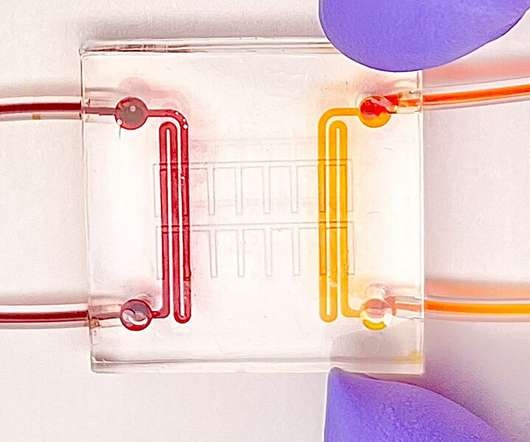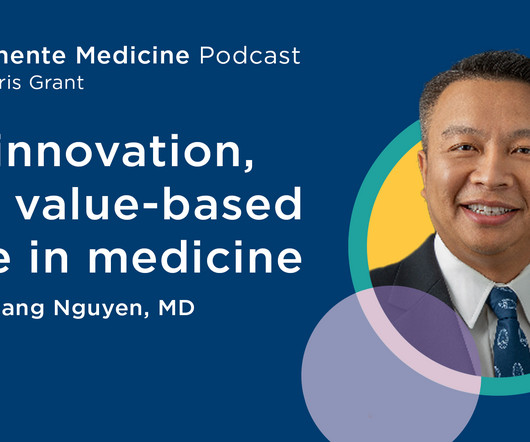Why do we remember emotional events better than non-emotional ones?
Medical Xpress
JANUARY 18, 2023
Most people remember emotional events—like their wedding day—very clearly, but researchers are not sure how the human brain prioritizes emotional events in memory.





















Let's personalize your content